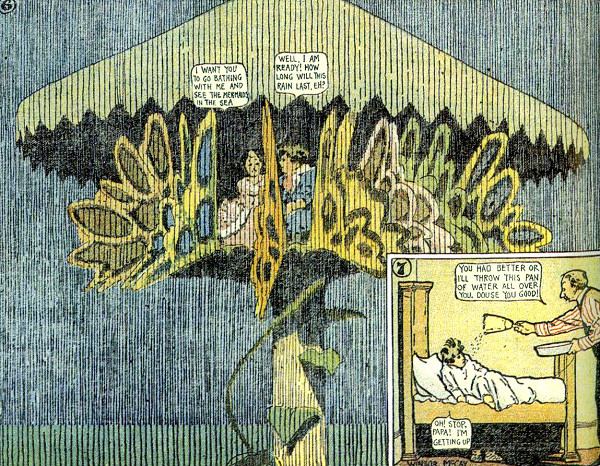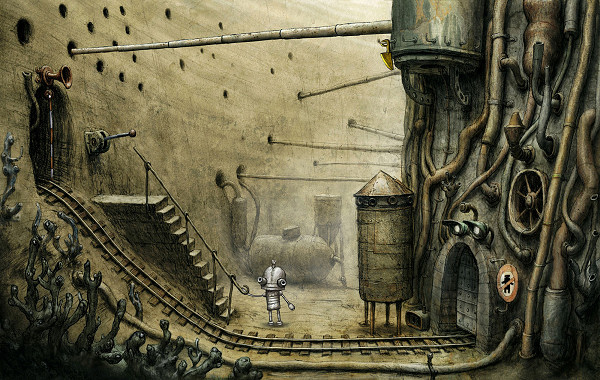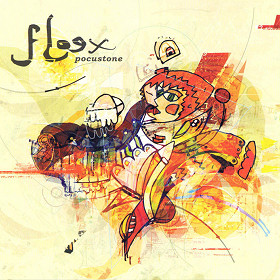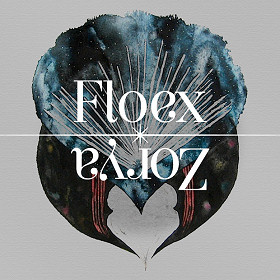Winsor McCay
Posted in comics, video games on 10/15/2012 11:49 pm by c5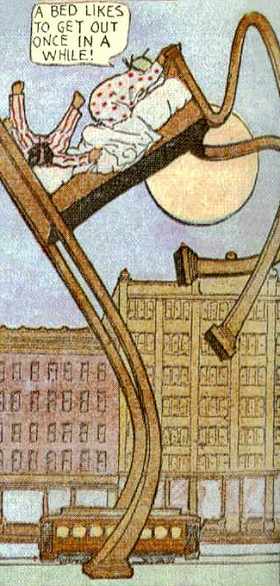 Winsor McCay was an influential artist who worked in comics and animation in the early 1900s.
Winsor McCay was an influential artist who worked in comics and animation in the early 1900s.
I first came across Little Nemo in Slumberland in “The Smithsonian Collection of Newspaper Comics,” a book that my grandmother gave me when I was young. It was some years later that I discovered Dream of the Rarebit Fiend. Both are creative comics involving dreams.
Here is a quote from McCay:
I would embed a few of my favorite Little Nemo comics here, but as they were intended for full newspaper pages, you really need to see them as large images. Fortunately, you can find nice collections on sites such as this one:
Little Nemo: The Dream Master, which was based on McCay’s comic (or, more accurately, based on a Japanese animated film that was based on his comic) was one of my favorite games on the Nintendo Entertainment System. I couldn’t beat the final boss, though.


Here is an example of Dream of the Rarebit Fiend:

Unfortunately, collections of Little Nemo in Slumberland comics in book form tend to be expensive and to go out of print quickly. I own “Little Nemo: 1905-1914,” which was published in 2000 at a reasonable price–but it doesn’t seem to be so reasonable anymore. Dream of the Rarebit Fiend books are much cheaper and easier to find.
McCay’s comics entered the public domain a few years ago, so they should remain easy enough to find in some form.
There is also a nice book about his life and his art.
